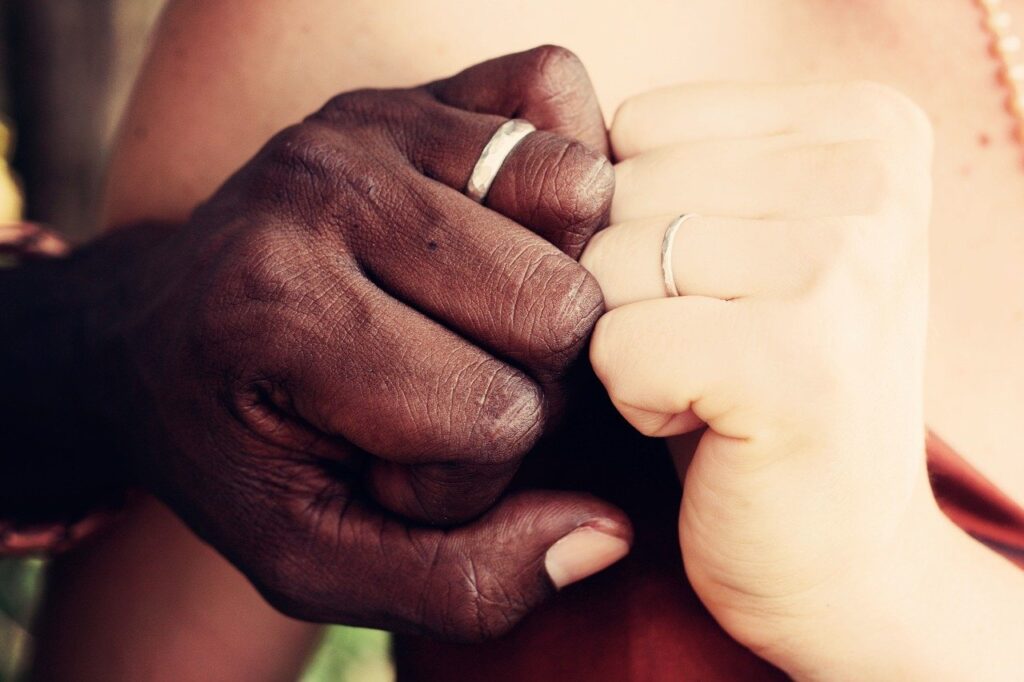Frequently Asked Questions
We have compiled a list of the most commonly asked questions about the services we provide and on becoming one of our valued Carers.
• be single or have a partner
• have children of your own or not
• own or rent your home, so long as you have a spare bedroom
• work, stay at home, study or be retired
• be from any culture, religion or sexual orientation
You do not need a big house, but in most cases, depending on the age and gender of your children if you have them, you will need to have a spare bedroom to give the child much needed privacy and space.
This depends on the age of your children and the needs of the child you foster. Children who need care often have very complex needs and require a great deal of time and attention. Therefore, caring for a foster child may not be appropriate if your own children are still very young. Fostering a child is a big change so it is important to talk to your children and to ask them how they feel about it.
This depends on the needs of the child and the type of care you are providing as well as the flexibility of your work. For permanent care we usually request that someone is able to be at home for the first six months of the placement. However, many of our carers who care for adolescents work full or part time, and respite carers are usually people who work full-time but are able to spend one weekend a month with a child.
There are some offences and serious crimes which would automatically disqualify you from becoming a carer, however in general we assess each application on its individual merits and your eligibility to apply will depend on the nature of the offence and when it was committed.
Please complete our become a carer enquiry form, specifying where you live and which type of care you are interested in, and one of our workers from the relevant team will contact you to invite you to discuss further.
Yes you can specify an age range or gender of child you would like to foster. Our workers will discuss your preferences with you and assess your lifestyle to match the needs of a child to you and your individual situation
It can take up to six months to be approved as a foster carer and then depending on which kind of care you are doing, it can take anything between a few days to several months to be matched with a child.
Yes. All approved carers receive initial training specific to the type of care they are providing before a child or young person is placed with them. Additional training is offered to both foster and kinship carers throughout the year in order to help develop the specialist skills required to care for a child or adolescent.
No one can fully compensate for the 24 hours, seven day a week support our carers provide. We do provide a carer allowance for the expenses and time in recognition of the time and effort it takes to be a foster carer.
The Care Allowance is provided foster and kinship carer to help cover the costs of caring for a child or young person. Carers are expected to use the allowance to cover the day-to-day costs of looking after the child or young person in your care, such as:
• food
• clothing and footwear (including school uniform)
• daily travel
• suitable car restraints
• gifts
• household provisions and costs
• hobbies and activities
• general educational expenses
• holidays
• general medical expenses
• pocket money
Carers don’t have to keep receipts to show us (Ngunya Jarjum) how you spend the Care Allowance on everyday items. However, receipts are usually required for out-of-pocket expenses that are part of the child’s Case Plan, for example, the cost of specialist healthcare, childcare and some education services.
Support is available to all our foster carers 24 hours a day, seven days a week. Our case worker and managers provide assistance, support and home visits and regularly assess the placement to ensure the needs of both the child and the carer household are being met. Kinship and Foster carers receive ongoing training and can participate in regular support groups.
Children in care and their kinship/foster carers receive support throughout the placement and issues are dealt with by your case worker as they arise. Ngunya Jarjum will ensure that children with physical, emotional or behavioural problems receive the necessary support to help both the carer and the child deal with those issues.


